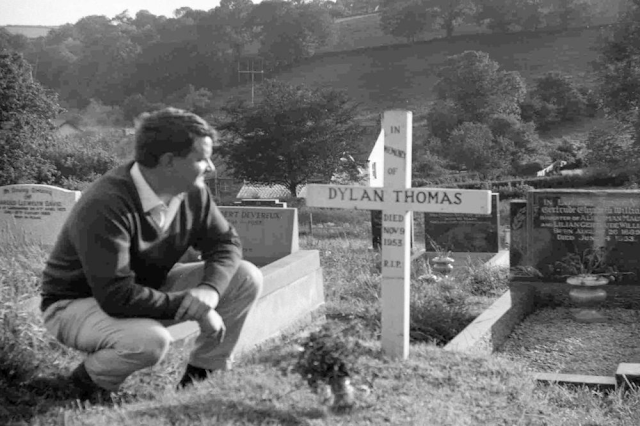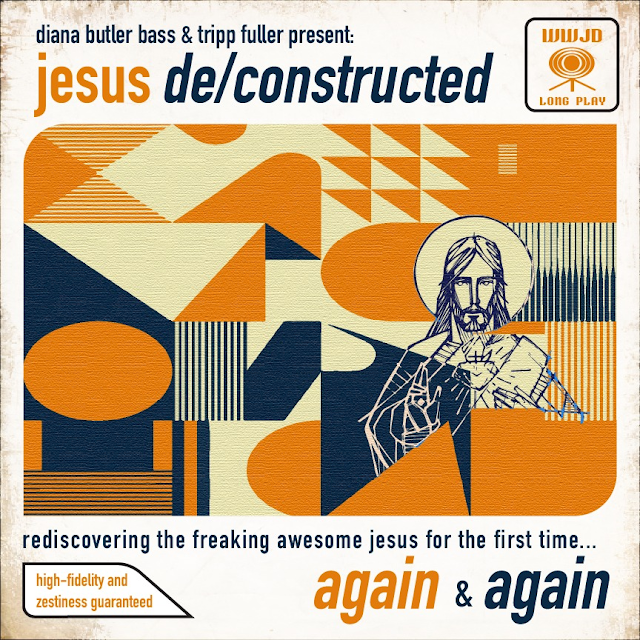The primary goal of radical inclusivity is
not to imitate or change the mainline church.
But rather to BE the church.
by R.E. Slater
Like a church's misdirected eschatology
of a Jesus ever coming
in wroth and judgment -
as misguided Savior
into a misguided world
so too is democracy's
languished hopefulness -
of a radical inclusivity
built on love
to all, for all, as right and truth,
measured not by arrival,
but by preparedness,
need and wont, released
tears of oppression
sought by faithful congregants
ever hopeful - and in their hope
ever moving - towards a better
becoming - a more improbable probable,
filled by anguished hopefulness,
of a realized unreality gone wrong
built in healing and helps,
justice and equalities,
washed in necessary sacrifice
be-speaking
what purposeful democracy
might become
before men and women
old and young
bearing in their arms,
by words and deeds,
love and care
and peace
for their fellow man
laid into radical communities
built of love - not wroth,
grace - not injustice,
to all, for all,
as right and truth,
light and life,
as being becomed
R.E. Slater
May 10, 2020
"Democracy, like justice, is always ‘to come’, à venir."
- Jacques Derrida
@copyright R.E. Slater Publications
all rights reserved
* * * * * * *
The Age of Man in the Age of Christ
by R.E. Slater
Freedom isn't free when conservatives keep bludgeoning it to death.
Per the Supreme Court's alleged removing of Roe v Wade in support of the fetus over the mother's individual rights (May 2022) we are seeing in America a rolling stone gather power and energy in the denial against all non-conservative individual rights - whether racial, ethnic, gender/sex, color, religion, etc. Trumpian "rights" are no rights except for Trumpian followers.
This also goes to Trumpian interpreters of the American Constitution...
Rather than seeing individual liberty and equalities rise as the conservatives bemoaned during the period of Covid masking during 2020-2021, we see those same rights denied by alt-right movements across the United States.
In effect, we are seeing a return to 17th century church-based mendacities by appointed conservative "Constitutionalists" who are now imposing Enlightenment Era laws and thinking upon postmodern societies.
Remember, a "Living Constitution" goes with the times and the eras of a nation in the best of its forms and fashions when envisioning societal justice and equalities - including environmental justice and equality for ALL living things!
Conservatives however, seem to be opposed to the liberties and consitutionalities of the living, and are actively tearing down, breaking, harming, and destroying life in the best of White Christian nationalism.
"Trumpian conservatives are exactly opposite their self-righteous proclamations as they proclaim themselves "pro-lifers." Ironically, these radical rightists are speaking death into society, not life, as they think they are doing.
Death not only in the hearts of others they would deny life too but also including the God they worship, who has been made in the image of an unholy and unsanctified religion. A hateful religion forgetting its role of love and ministry for the greater temporal glory of religious and political power usurped from the hands of God's very Self.
R.E. Slater
May 10, 2022
* * * * * * *
And Death Shall Go Before Them
by R.E. Slater
"And death shall go before them
by those who bear not
the life of creation.
These ignorant, self-serving,
lies bear darkness and evil
across the lives
of the destitute
all their evil days."
R.E. Slater
May 10, 2022
@copyright R.E. Slater Publications
all rights reserved
* * * * * * *
Embracing a theology of acceptance
means a radical inclusivity
which leaves no one behind.
The primary goal of radical inclusivity is
not to imitate or change the mainline church.
But rather to BE the church.
Rarely has the church led societies in solidarity of human rights in "free" countries unless they are left-leaning faiths witnessing the injustices of racisms being experienced by its non-majority fellowships.
However, it is quite the opposite experience in authoritarian, despotic or imperialistic countries where the church, or majority religions like Islam or Buddhism, have actively protested for liberty and freedom of their people. From China to Poland, across South America and Africa, we see church demonstrations against apartheidism, socialism, communism, racism, white supremacy, etc.
Western democracies, especially hardline capitalistic democracies, are just as evil. for which the conservative right-leaning American churches must take note. As church fellowships you are either with the people in your community or against them when seeking the favor of corrupt fascist governments posing as "Keepers of Democracy."
To all churches -
- Be good shepherds...
- Be discerning community leaders...
- Lead your flocks rightly in truth, love, peace, and honesty...
- Put away from you the world's corruptions and embrace light over darkness, love over hate, and justice for all...
- Especially to those whom you despise and preach against with ill will.
The sanctimonious church's mythical idealisms which are preached from their "purified bible" are hated in their dogmas and their statements both by God and by man. Such aberrant "bible truths" are social inhumanitarian evils disguised in sheep's clothing. The wolf is in the statements of hate over love themselves created to separate, rather than to blend, one's faith from "the radical other" chosen to be vilified rather than be loved.
God is love.
- Be love, not evil, in your faith.
- A faith which follows Jesus cannot come from man's evil heart.
R.E. Slater
May 10, 2022
* * * * * * *
And death shall have no dominion
by Dylan Thomas (1914-1953)
And death shall have no dominion.
Dead men naked they shall be one
With the man in the wind and the west moon;
When their bones are picked clean and the clean bones gone,
They shall have stars at elbow and foot;
Though they go mad they shall be sane,
Though they sink through the sea they shall rise again;
Though lovers be lost love shall not;
And death shall have no dominion.
And death shall have no dominion.
Under the windings of the sea
They lying long shall not die windily;
Twisting on racks when sinews give way,
Strapped to a wheel, yet they shall not break;
Faith in their hands shall snap in two,
And the unicorn evils run them through;
Split all ends up they shan't crack;
And death shall have no dominion.
And death shall have no dominion.
No more may gulls cry at their ears
Or waves break loud on the seashores;
Where blew a flower may a flower no more
Lift its head to the blows of the rain;
Though they be mad and dead as nails,
Heads of the characters hammer through daisies;
Break in the sun till the sun breaks down,
And death shall have no dominion.
* From The Poems of Dylan Thomas.
Copyright © 1943 by New Directions Publishing Corporation.
Reprinted by permission of New Directions Publishing Corporation.
All rights reserved.
Meaning of Poem
‘And Death Shall Have No Dominion’ is a enlightened look at the ways in which death controls mankind and the fact that even though death is powerful, it cannot control everything.
Mankind has the power to stand up against any of the evils of death, and become unified through their moving to the next world:
- Death does not divide but brings together equally all those that lived apart.
- The second half of the poem focuses on brave and strong men standing up against the power of death and not breaking even through torture and the destruction of beautiful things.

























